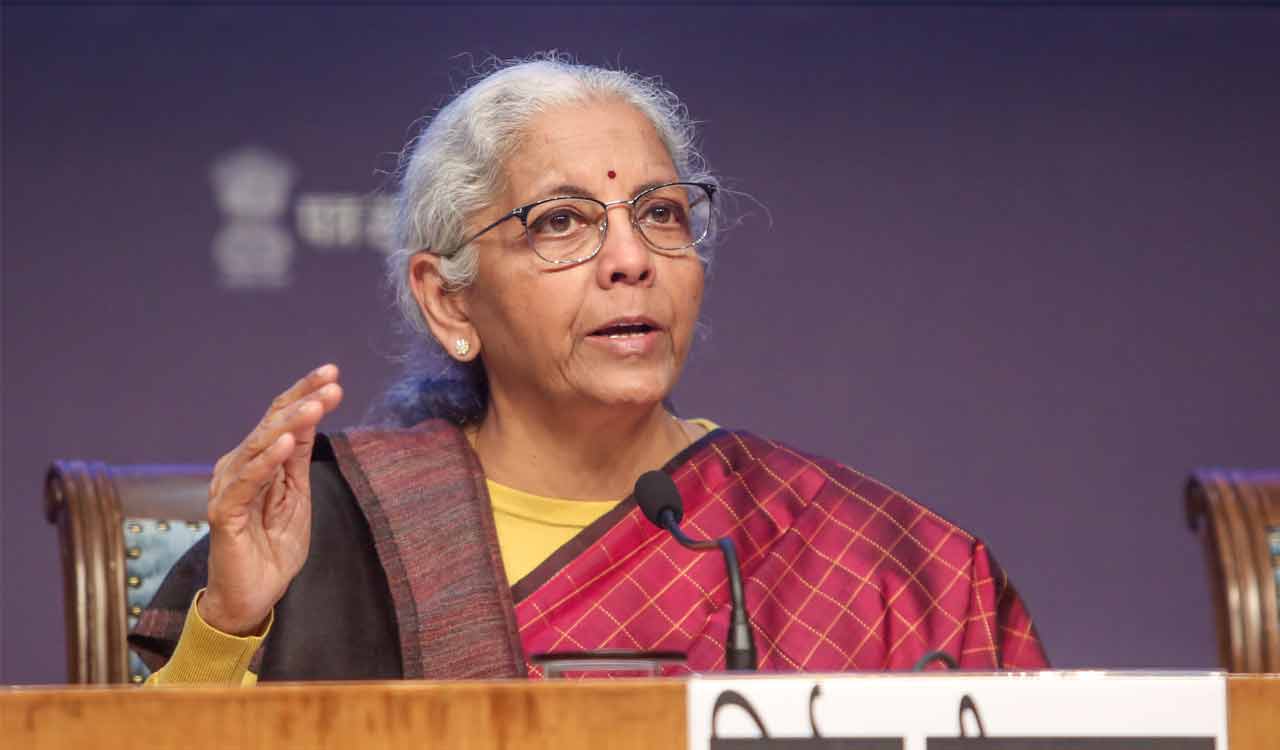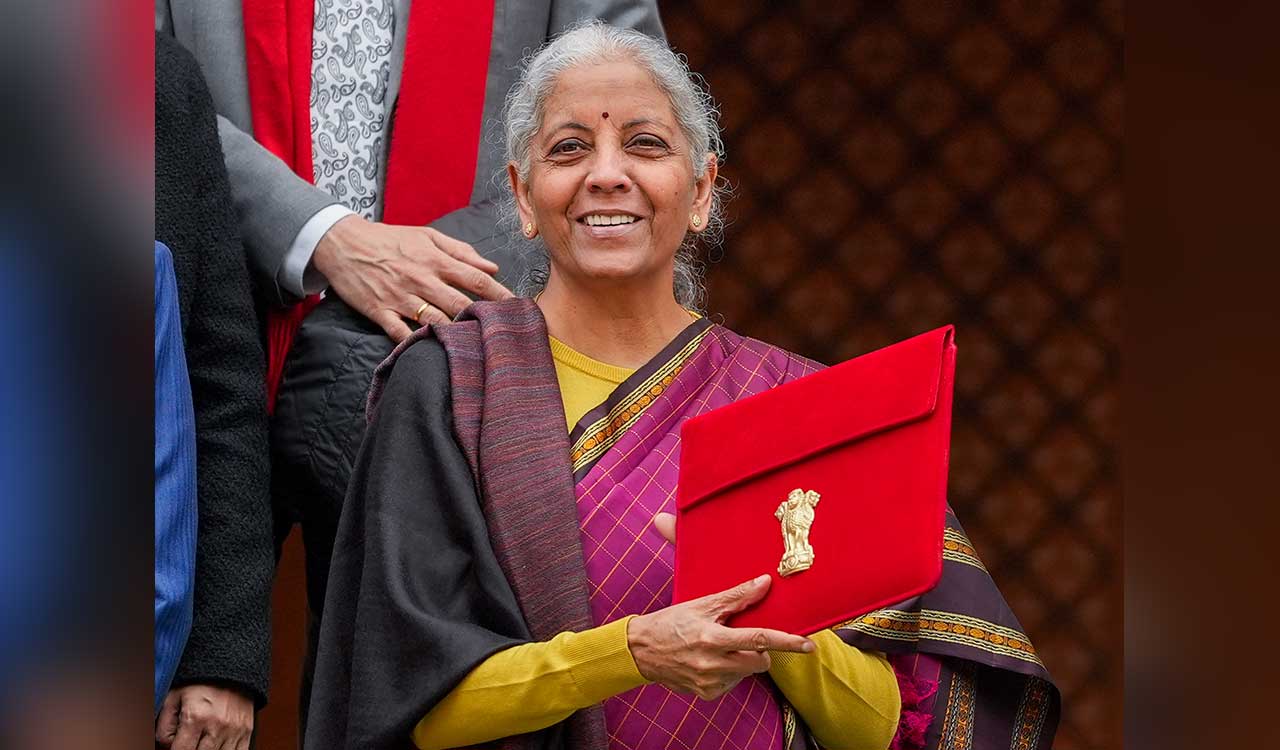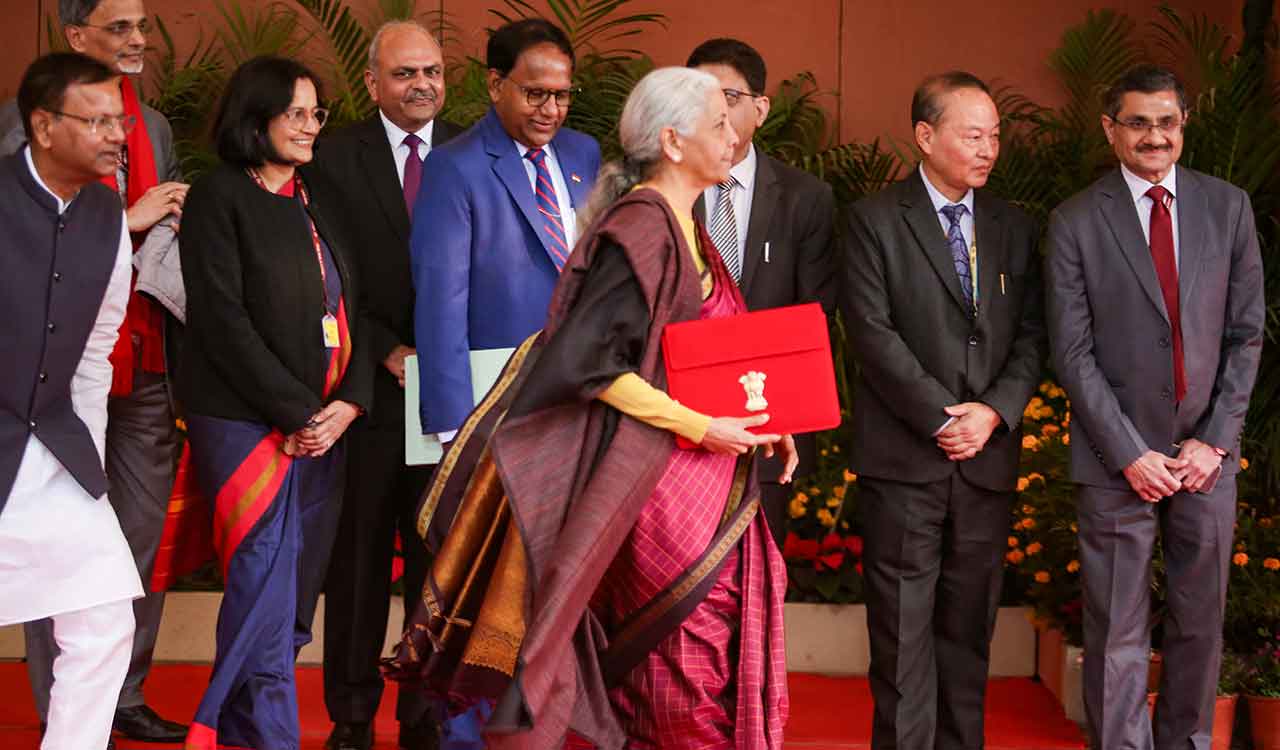Opinion: Living amid mental health crisis
By Moitrayee Das The current times have witnessed an increase in mental health policies and programmes as well as mental health being as an integral part of the sustainable development goals. But is India doing enough to deal with the mental health crisis of its people? There is no doubt that the pandemic has taken […]

By Moitrayee Das
The current times have witnessed an increase in mental health policies and programmes as well as mental health being as an integral part of the sustainable development goals. But is India doing enough to deal with the mental health crisis of its people?
There is no doubt that the pandemic has taken a severe toll on people’s mental health and this seems to be the ongoing trend since the start of the pandemic. According to a survey by the WHO, the pandemic has completely disturbed or stopped essential and urgent mental health services in 93% of the countries worldwide. Unfortunately, the demand for mental health services is exponentially growing and not many countries are in a position to meet this ever-growing requirement of their people. There have been umpteen reports stating how mental health diseases such as anxiety, post-traumatic stress disorder (PTSD) and depression have skyrocketed since the beginning of the pandemic and it does not seem to be stopping anytime soon.
Horrifying Statistics
A Lancet study published in 2019 reported that 14% of India’s population lives with some form of mental illness and the situation is very likely to worsen. The treatment gap is extremely wide in India with only 0.29 psychiatrists for every 1,00,000 people (Mental Health Atlas, 2017). According to the National Mental Health Survey of India (2016), there exist treatment gaps of 72-92% for various mental disorders. These statistics come from the pre-pandemic times, the numbers during and post-pandemic will definitely be much more horrifying than what is stated!
The positive news amidst the gloom surrounding us all has to be the launch of the national tele-mental health programme announced by Finance Minister Nirmala Sitharaman while presenting the Union Budget, and the mental health initiative ‘Karnataka Brain Health Initiative’, launched by Dr K Sudhakar, Health Minister of Karnataka, on January 25. It is definitely a much-needed move being undertaken by the National Institute of Mental Health and Neurosciences (NIMHANS) in association with NITI Aayog. The Health Minister has emphasised the need to train general physicians in this area as well as the importance of screening newborn babies for mental health issues.
Calls for Attention
In September 2020, the government of India launched the multilingual 24/7 mental helpline — ‘KIRAN’ — to address emerging and ongoing mental health concerns. According to a report by India’s Social Justice and Empowerment Ministry, it was seen that a majority of the calls (75.5%) were from the 15-40 years age group. This is an interesting fact because 15-34-year-olds make up close to 35% of India’s population, and as per Lancet Global Health Study, suicide was the leading cause of death among young people between the age groups of 15-39 in 2016. The shocking facts about the mental health state are proven through the records of the National Crime Bureau, which state that India reported 381 suicides every day for the year 2019. Every single day!
The report also states the numerous reasons for which the calls were made. For example, 28.5% and 25.5% of calls were for anxiety and depression-related conversations respectively; pandemic related calls, suicidal tendency, substance abuse and miscellaneous calls stood at 7.8%, 2.8%, 3.4% and 32% respectively. Interestingly, it was also seen that 78.2% of the callers were seeking help for themselves while 21.8% called to seek advice for their family and friends.
While there is enough information about the poor state of mental health for the people in India, the question is what is being done for the same? Are we doing enough to deal with this situation? Or is it only on paper with zero execution?
Limited Budget
The worrisome fact is the disproportionate budget allocation for mental health in India. Given the state of poor mental health, this needs to be urgently addressed.
The Union Budget 2022-23 has reserved a grossly insufficient amount of only Rs 40 crore for the National Mental Health Programme (NMHP), similar to the years 2021-22 and 2020-21. The mental healthcare requirements are definitely going to become more acute due to the pandemic. The limited budget for the NMHP restricts the States’ need to meet the requirements of its people.
According to an article published in The Diplomat, the healthcare Budget of India in 2018 was Rs 52,800 crore, and the allotment for mental health was Rs 50 crore. The following year it was reduced to Rs 40 crore. Meanwhile, India’s actual expenditure on mental health was only Rs 5 crore annually!It is not surprising that the estimated economic loss due to mental health conditions in India between the years 2012 and 2030 is expected to be Rs 75.84 lakh crore (WHO).
While it is great that we have mental health initiatives and policies by the Central and State governments, it is imperative to see that there are enough budgets and also qualified, licensed and trained professionals who can make the right use of the allotted budget to meet the mental health requirements of the public. Looking back, one sees that the actual expenditure on mental health is appalling and many a time, it is less than 7% of the total allotted amount.
While conversations around mental health may or may not be the elephant in many rooms, it is true that we have a long way to go to understand the nuances and intricacies of this crucial field. It is high time to invest substantially in the rightful growth of this field so that the right people treat people in need and we can do our bit in saving the many lives that are lost every day due to undiagnosed and untreated mental illnesses.

(The author is Assistant Professor, Department of Psychological Sciences, School of Liberal Education, FLAME University)
Related News
-
Women councillors allege misconduct by Congress in Kyathanpalli
6 mins ago -
Gauhati Medical College doctor lodges FIR alleging harassment by principal
15 mins ago -
Two FIRs filed in Chikkamagaluru after week-long stone pelting on house
16 mins ago -
Viral video shows SUV hitting biker in Dwarka, teenage driver detained
19 mins ago -
Quadric IT returns to BioAsia with assistive mobility device for visually impaired
19 mins ago -
Thennarasu presents Tamil Nadu interim budget with focus on welfare and culture
21 mins ago -
Hyderabad CP inspects security at Mecca Masjid ahead of Ramzan
26 mins ago -
Opinion: Beyond the 72-hour workweek
27 mins ago




